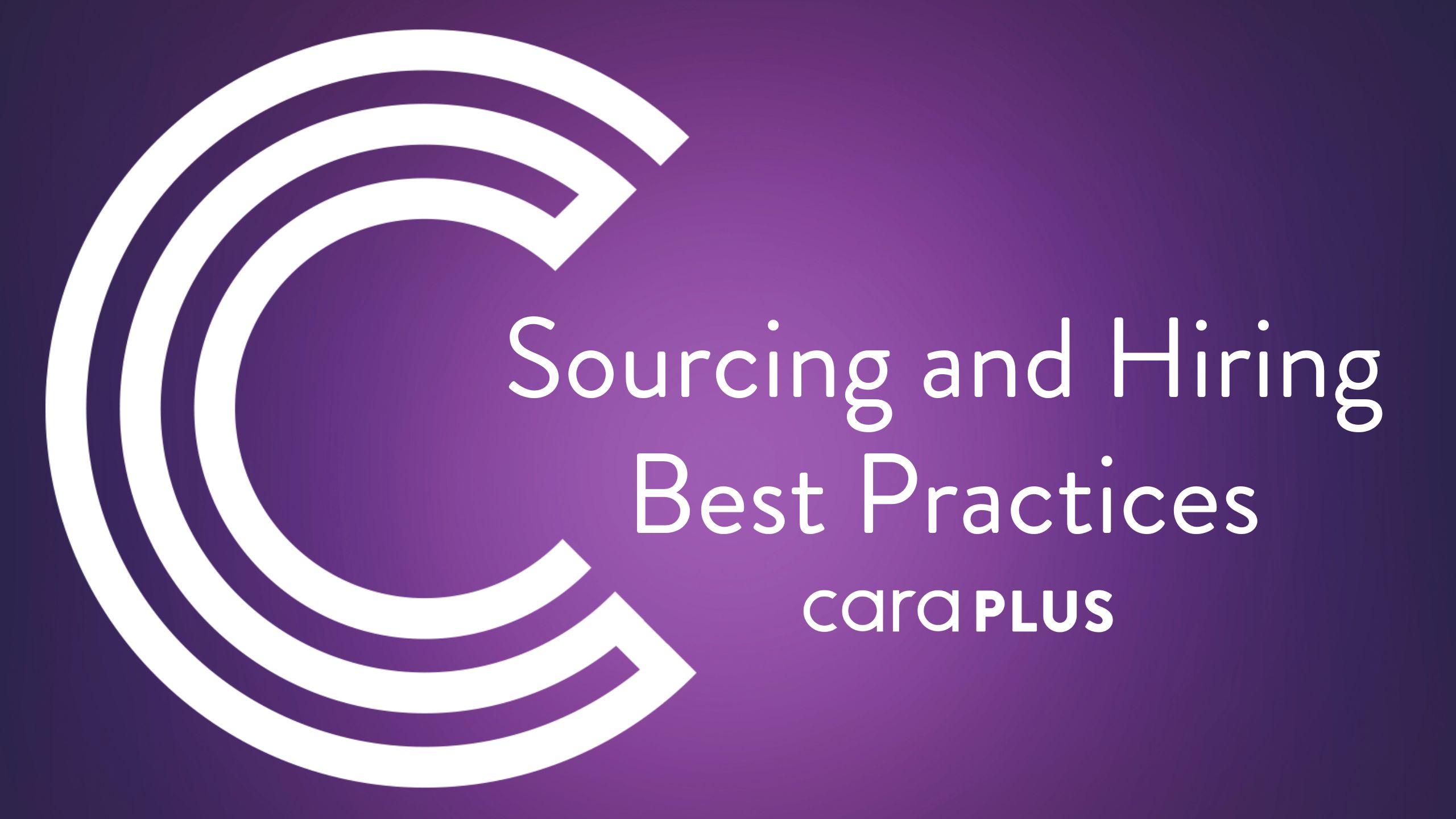The Motivated Talent You’re Missing Out On

Recently, an article caught my eye: “Where are all of the missing workers?” it asked, citing the anemic return to the workforce among American adults, despite record wage growth and greater flexibility than ever before. If you look at the data, there’s reason for concern: According to Bank of America, two million workers who should have returned to the workforce have said, “Thanks, but no thanks.” Women, Gen X, and those who chose early retirement represent some of the largest groups that opted not to return. As a result, millions of roles remain unfilled across America, stretching existing teams and leaving recruiters unsure where to look.
While data may suggest that certain segments of the workforce are opting out of traditional jobs, the notion that there are not enough workers has one small problem: It isn’t true. Between 70 million and 100 million Americans have criminal records, and over 60% remain unemployed a year after their release. Perceived risk has been the widely accepted reason (we’ve all seen how crime is depicted in the news, right?), but it fails to acknowledge that as many as one in three adults have a criminal record, or another inconvenient detail: that justice-involved employees are not only good workers, but are eager to get ahead. Put another way: They are the kind of employees that companies are desperately seeking to hire. And there’s data to prove it.
In July 2022, McKinsey and Cara Plus released a report focused on what frontline workers prioritize when it comes to career advancement, based on data from 2,154 frontline workers and 305 companies across most major industries. While the report was primarily intended to uplift the frequent mismatch between what frontline employees prioritize and what employers think they desire, the analysis also explored who was getting ahead. And who came out on top? Individuals who had been involved in the criminal justice system.
Not only did the study find that justice-involved employees took advantage of upskilling opportunities like training and certifications twice as often as other frontline workers, but it also found that they were more likely than others to apply for advancement opportunities like promotions or new roles. And that wasn’t even the most impressive data. The study found that those with criminal records were not only more likely to apply for advancement opportunities, but they were the most likely to get them across any other group analyzed—including gender, race, and age.
They succeeded because they were the hustlers; the ones who showed up early, helped their teammates, and invested in their growth; the people who were told “no” so many times that when they were given a chance, they kicked down doors to take advantage of the opportunities in front of them. And they were loyal, stating a deep preference to stay at their firms than move to another.
Smart companies are beginning to recognize this and are rewriting policies that excluded this untapped potential for so long. And I believe it’s the wise thing to do: With formerly incarcerated people unemployed at a rate of 27%—nearly 10 times higher than the general population—these firms are tapping into a motivated talent pool that others are missing.
Here are some steps they are taking that other companies can follow:
1. Reduce background check periods. One thing companies can do to immediately gain access to more qualified talent is reduce the lookback periods of their background policies. By trimming them to only look back five years instead of decades, they can show applicants that they shouldn’t have to prove themselves for 20 years to demonstrate that they’re trustworthy.
2. Only check relevant backgrounds. If you work in financial services, you might not want to hire someone who was convicted of a financial crime. However, many background checks include offenses that are irrelevant to the role or charges that have been decriminalized (e.g., low-level marijuana charges in many places). By ensuring that policies align with the position, or by taking backgrounds on a case-by-case basis so you can better understand the circumstances, you can ensure you aren’t missing out on people who have the will to contribute to your bottom line but don’t see a way.
3. Look into where you have flexibility. While some companies have full autonomy over which backgrounds they can accept, others are in highly regulated industries or have client contracts that limit who they hire. By clearly understanding what roles are covered under regulations and which ones you can work with—such as internally-facing operations roles—employers in highly regulated industries don’t need to miss out.
ADVERTISEMENT
4. Communicate your background policies clearly. Oftentimes, those who have been justice-involved have heard “no” more times than they can count. As a result, they may not apply to jobs where they see a background check will be conducted, fearing another rejection. By clearly outlining your background policy on job descriptions––including what offenses you cannot accept, how far back you look, and if you assess individuals on a case-by-case basis—you can ensure that you aren’t stopping motivated talent from applying before they even start.
5. Partner with local non-profits. You don’t have to navigate this alone. There are thousands of non-profits nationally that can help source talent that fits within your company’s constraints and can provide supports to address their needs.
Change is coming. I predict new companies and models will emerge to get Gen X and women back into the workforce. But if you want to take advantage of a ready, willing, and able workforce today—and build a more inclusive, innovative workforce for the future—don’t forget those who have been involved in the criminal justice system. In fact, you should seek them out.
This piece was originally published by Fast Company in April 2023. Sara Wasserteil is Managing Director of Expansion at Cara Plus.


